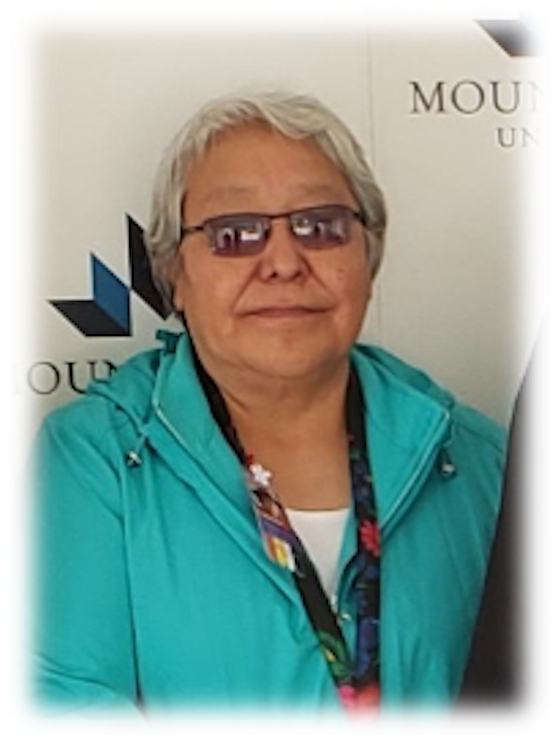Courageous Conversations: Oct 21
Decolonization: Rethinking the Coloniality of Power, Knowledge, and Being
About the speakers
Dr. Sabelo J. Ndlovu-Gatsheni is Professor and Chair of Epistemologies of the Global South with Emphasis on Africa at the University of Bayreuth, and a member of Africa Multiple Cluster of Excellence.
Ndlovu-Gatsheni is Professor Extraordinarius at various institutions, including the Department of Leadership and Transformation at the University of South Africa (UNISA) and University of Free State in South Africa. He is also Honorary Professor in the School of Education (Education & Development Studies) at the University of KwaZulu-Natal in South Africa.
His field of work comprises the decolonial/postcolonial theory, empire & colonialism, politics of knowledge & decolonization of higher education, Black radical tradition/Black Marxism, African history, African development & African political economy, Nguni history (Ndebele), and has fieldwork and archival experience in South Africa and Zimbabwe. Professor Ndlovu-Gatsheni has published over a hundred publications and some of his key publications include Empire, Global Coloniality and African Subjectivity (Berghahn Books, June 2013); Coloniality of Power in Postcolonial Africa: Myths of Decolonization (CODESRIA Book Series, 2013); Mugabeism? History, Politics and Power in Zimbabwe (Palgrave Macmillan, 2015); Decolonizing the University, Knowledge Systems and Disciplines (Carolina Academic Press, 2016) co-edited with Siphamandla Zondi; The Decolonial Mandela: Peace, Justice and Politics of Life (Berghahn Books, 2016); Joshua Mqabuko Nkomo of Zimbabwe: Politics, Power and Memory (Palgrave Macmillan, 2017; and Epistemic Freedom in Africa: Deprovincialization and Decolonization (Routledge, 2018). His latest publications include Decolonization, Development and Knowledge in Africa: Turning Over a New Leaf (Routledge, 2020); The History and Political Transition of Zimbabwe: From Robert Mugabe to Mnangagwa (Palgrave Macmillan, 2020); and Marxism and Decolonization in the 21st Century: Living Theories and True Ideas (Routledge, July 2021) co-edited with Morgan Ndlovu.

Dr. Isabel Altamirano-Jiménez is Binizaá (Zapotec) from the Isthmus of Tehuantepec, Oaxaca, Mexico and Professor of Political Science. She was appointed Canada Research Chair in Comparative Indigenous Feminist Studies in 2017. Building on her extensive research on place, gender and the environment, her research investigates the relationship among body, land, resource extraction, and Indigenous refusal in Western Canada and Southern Mexico. Comparatively, her work examines specific links between indigeneity, gender, and capitalist expansion in Anglo North America and Latin America, theorizing Indigenous feminisms transnationally. She has written numerous articles and book chapters. Among her books are Indigenous Encounters with Neoliberalism. Place, Women and the Environment (2013), Living on the Land. Indigenous Women’s Understandings of Place edited with Kermoal (2016) and The Neoliberal State, Recognition and Indigenous Rights. New Paternalisms to New Imaginings co-edited with Deirdre Howard-Wagner and Maria Bargh (2018).

Blessing
Oki nistowaok Sipiyanatohkomia”ki. Colleen Sitting Eagle is Siksika Language Instructor at Siksika Outreach School located in Siksika Nation, teaching in Siksika since 2009. Having previously worked as a researcher with Blackfoot Crossing Historical Park, Colleen has been employed with Siksika culture and heritage since 1992, and knowledge of Siksika history was taught to her by her late parents and knowledgeable elders whom she had the honor of working with. She was one of the first groups from Siksika to be integrated to start her schooling in Strathmore, AB. She previously attended and continues to take courses from the University of Calgary. She is the proud mother of three children and eight grandchildren.

Download the additional resources and references from the webinar. Download
